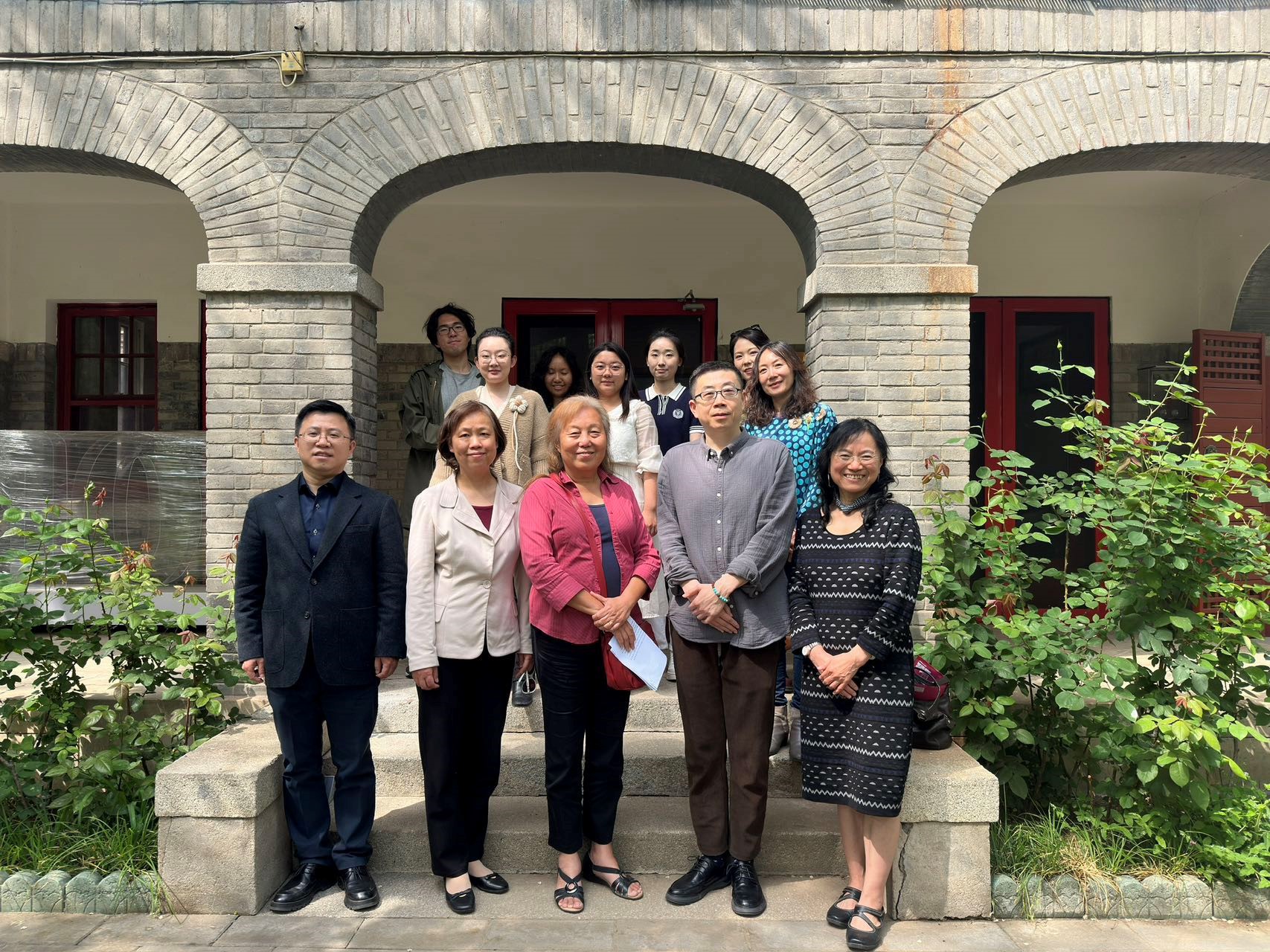
On April 25, the 22nd lecture in the “Adventus Amicorum” seminar series of the Institute of Area Studies, Peking University (PKUIAS) was held at No. 66 Yannanyuan. Chen Xin, a senior visiting research fellow at the Institute for Global Cooperation and Understanding (iGCU), Peking University, and a research fellow at the New Zealand Asia Institute at the University of Auckland, gave a lecture titled “The Digital Economy Partnership Agreement (DEPA): Navigating New Frontiers for Trade.” The discussion was moderated by Kong Tao, a senior research fellow at the Institute of Digital Finance of Peking University. The seminar was attended by Prof. Zhai Kun, deputy director of PKUIAS; Prof. Wang Dong, deputy director of the Office of Humanities and Social Sciences of Peking University; Liu Hongzhong, associate professor at the School of Foreign Languages of Peking University; Xu Qinyi, assistant professor at the School of International Studies of Peking University; Prof. Fan Ying at the School of International Economics of China Foreign Affairs University; and postdoctoral fellows and doctoral students from various departments and schools of the university.
Chen Xin pointed out that the Digital Economy Partnership Agreement (DEPA) marked a major innovation in international trade agreements, focusing on facilitating trade through the evolving trading environment of the digital age. DEPA aims to create international standards for the rapidly developing digital economy and promote digital trade among signatory countries. The partnership has the potential to set the direction for the development of the global economy. DEPA was jointly initiated by Chile, New Zealand and Singapore, and is the world’s first regional agreement focusing on digital trade. The agreement has been in force since 2021. Chen Xin emphasized that these three countries were small, outward-oriented economies driven by trade, and by signing DEPA, they aimed to enable their exporters, small businesses and consumers to take advantage of the opportunities offered by the digital economy.
Chen Xin noted that China’s positive move to join DEPA was noteworthy. China formally applied to join DEPA in November 2021. This move fits into China’s strategic layout of “Digital China, Digital Silk Road” and demonstrates China’s determination to play a greater role in the global digital economy. She shared that China is working with DEPA member countries to jointly address key issues through technical consultations and policy exchanges to promote practical cooperation in the digital economy. At the same time, the design and implementation of DEPA adopts an innovative modular design that breaks down complex systems into simple modules, thus organizing complex designs and processes more effectively. This design not only helps to establish interoperability standards through cooperation but also introduces some new and evolving themes, such as electronic invoicing and payment, digital identity, fintech and artificial intelligence, which are often missing in current free trade agreements. This indicates that as digital technologies continue to advance, the international community needs to work together to ensure that the potential of the digital economy can be fully realized, thereby driving the development of global trade.
Although DEPA had achieved initial success as the first “pure digital” agreement, Chen Xin pointed out that the specific content of its modules still needed further development, and many provisions were currently relatively preliminary, requiring future work and negotiation commitments. In addition, China’s accession was expected to help break down barriers in regional digital trade markets, making cross-border trade and e-commerce more convenient and inclusive, she said.
During the discussion session, the participating teachers and students had in-depth exchanges and discussions with Chen Xin on the content of the lecture. Prof. Fan Ying spoke from her professional research experience and had an in-depth discussion with Chen Xin on the trend of China’s participation in different international trade agreements. Prof. Zhai Kun and Kong Tao had an in-depth discussion on the current situation and future of international cooperation and experimentation driven by small countries. Based on the digital economy agreement, the discussion topics not only involved the integration of the digital economy and exploration of digital RMB, but also extended to New Zealand–China trade relations and their impact, as well as the progress and challenges of New Zealand’s industrial digitalization. Chen Xin responded positively to each of the above discussions. The lecture not only provided an opportunity for an in-depth analysis of DEPA, but also provided participants with a window to understand how the digital economy was shaping the future of global trade.


